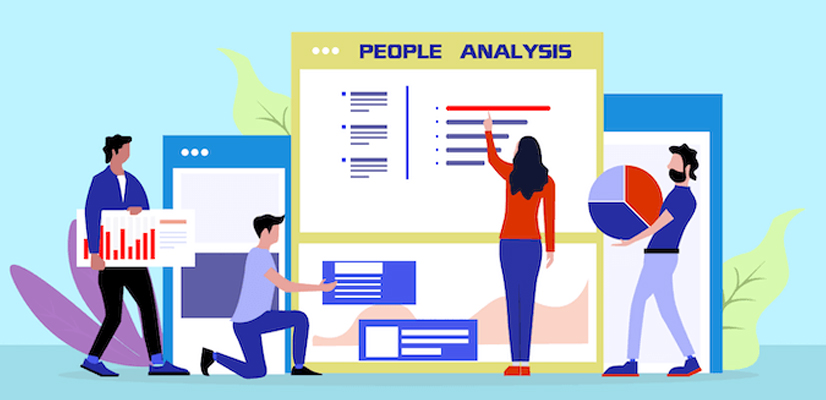A decade ago, digital technology was applicability . While Internet impaling was already important, e-commerce made up less than 4% of retail sales. Mobile and cloud computing were just getting began and insincere intelligence was still more science fiction than reality.
Yet today, all of those things are not only practical technologies but increasingly key to successfully competing in the marketplace. Unfortunately, executing these new technologies can be a spiky process.
Mainly, failures have less to do with technology and more to do with controlling the cultural and organizational challenges that a technological shift creates. It’s relatively easy to find a vendor that can apparatus a system for you, but much harder to prepare your organization to modify to new technology.
Here’s what you need to note in mind:
Start With Business Objectives
Probably the most common trap that organizations fall into is attracting technology preferably than on specific business objectives. All too frequently, firms seek to “move to the cloud” or “develop AI capabilities.” That’s a sure signal you’re going down the wrong path.
First Automate the Most unvaried Tasks
Technological change frequently inspires fear. One of the most basic mistakes many organizations make is to try to use the latest technology to try and replace humans and save costs rather than to increase and empower them to upgrade performance and deliver added value. This not only kills worker’s morale and slows the assumption, it usually delivers worse results.
A much better approach is to use technology to upgrade the efficacy of human employees. The best way to do this is to start with the most boring and uninteresting tasks first. Those are what humans are worst at. Machines don’t get bored, tired, or disinterested. Humans, on the other hand, thrive on interactivity and like to find solutions for problems. So rather than looking to replace employees, look rather make them more productive towards business.
Most importantly, this approach can actually upgrade morale. Factory workers actively cooperate with robots and program themselves to do low-level tasks. In certain cases, soldiers create such power ties with robots that do difficult jobs that they hold a burial for them when they “die.”
Move Your Organization and Your Business Model
Another usual mistake is to think that you can make a vital technological shift For example, shifting to the cloud can save on infrastructure costing, but the advantages won’t last long if you don’t figure out how to assign to a new place or task those resources in some productive way.
Digital Transformation Is Human Transformation
Comparing how work was different 20 years ago when Windows 95 was still approximately new and only a minority of executives regularly used programs like Word, Excel, and PowerPoint. You mainly communicated by phone and memos typed up by secretaries. Data analysis was objective with a pencil, paper, and a desk calculator.
Clearly, the nature of work has alternate meanings. You spend far less time quietly working away at our desks and far more links with others. Much of the value has moved from innermost skills to social skills as collaboration growingly becomes a competitive benefit. In the future, you can only expect these trends to strengthen and accelerate.
To perceive what you can expect, look at what’s happened in the banking industry. When automatic teller machines first appeared in the early 1970s, most people imaging it would steer to fewer branches and tellers, but actually, just the opposite took place.
Today, there is more than double the number of bank tellers employed as in the 1970s, because they do things that machines can’t do, like solve unusual problems and matters, show empathy, and up-sell.
That’s why you need to manage any technological transformation as a human transformation. The high-value work of the future will require humans to collaborate with other humans to design work for machines. Get the human being part right and the technology will take care of itself.




